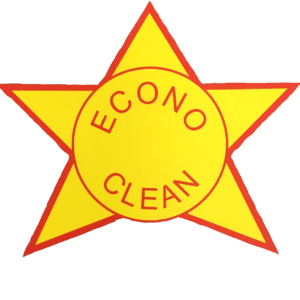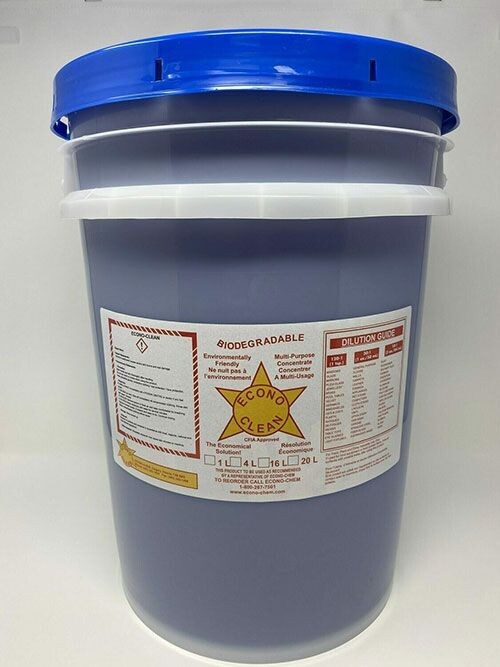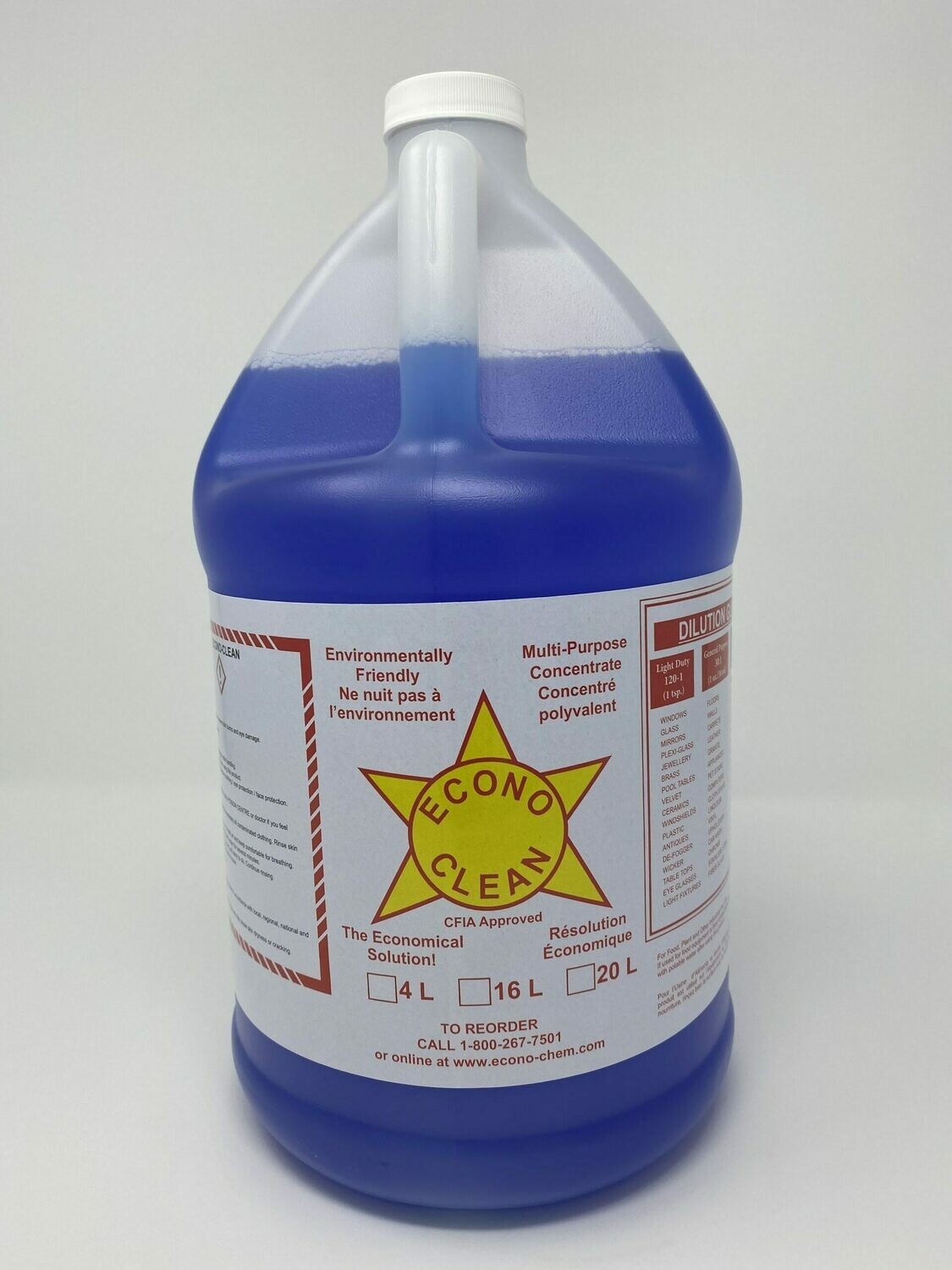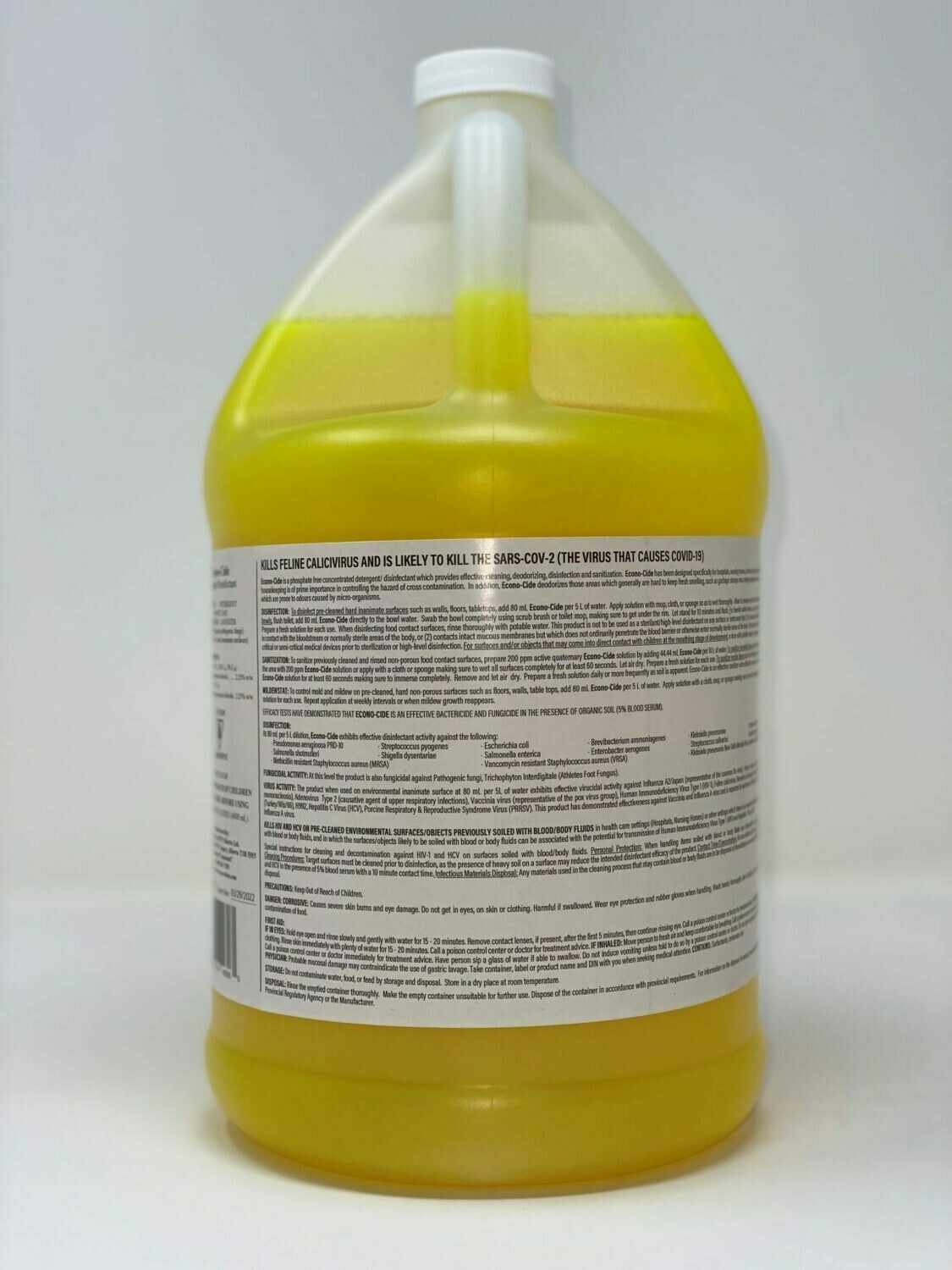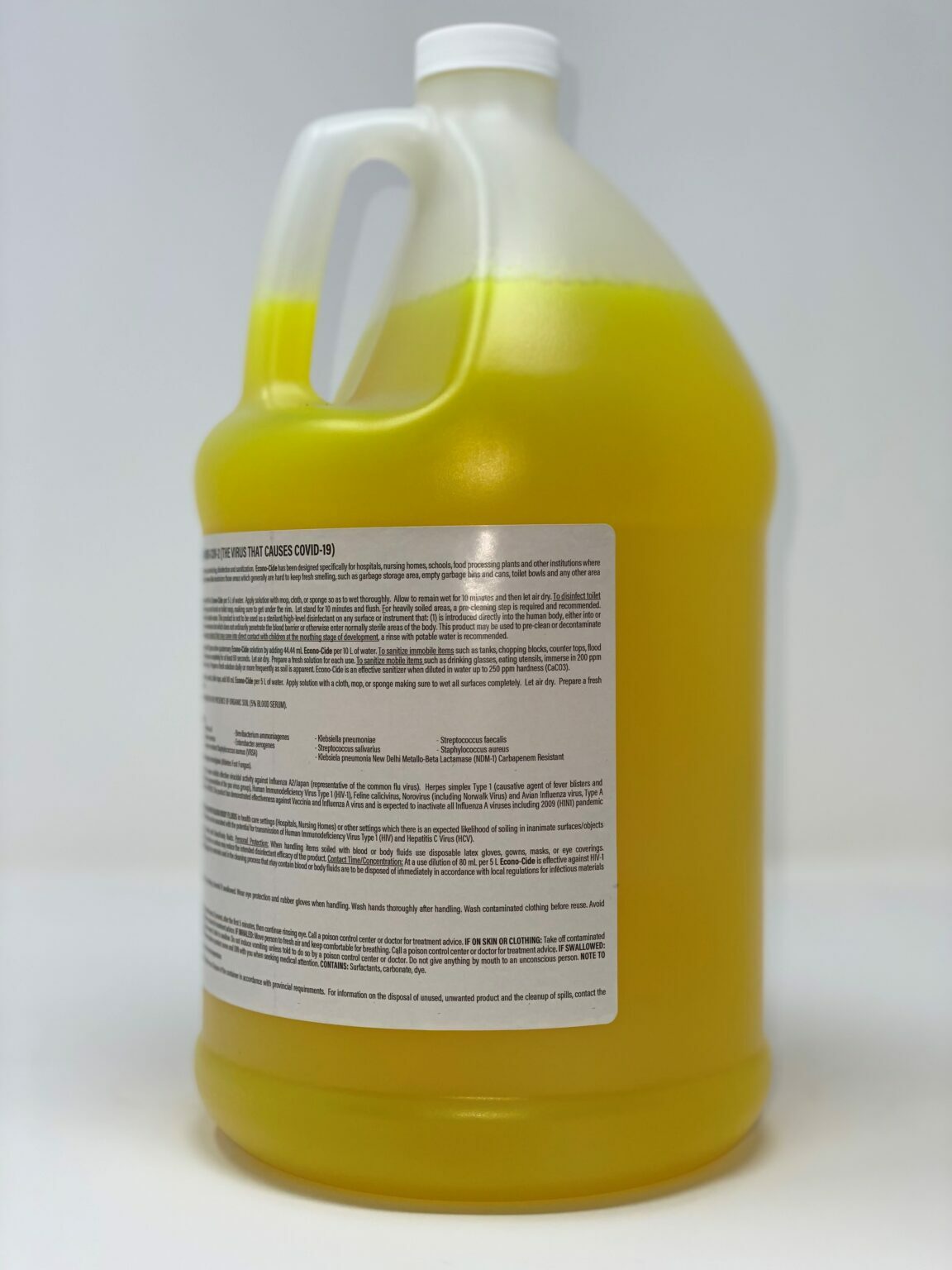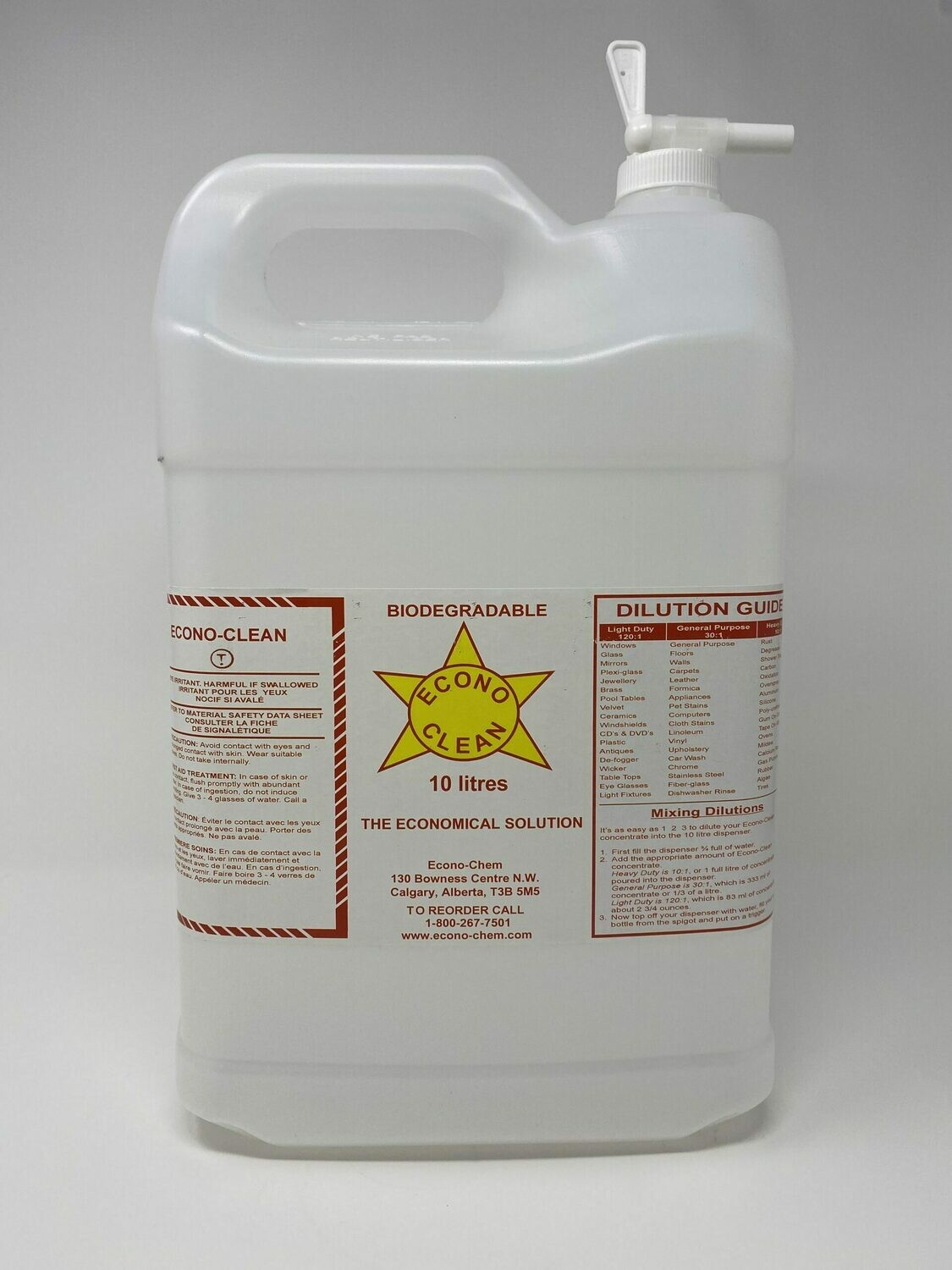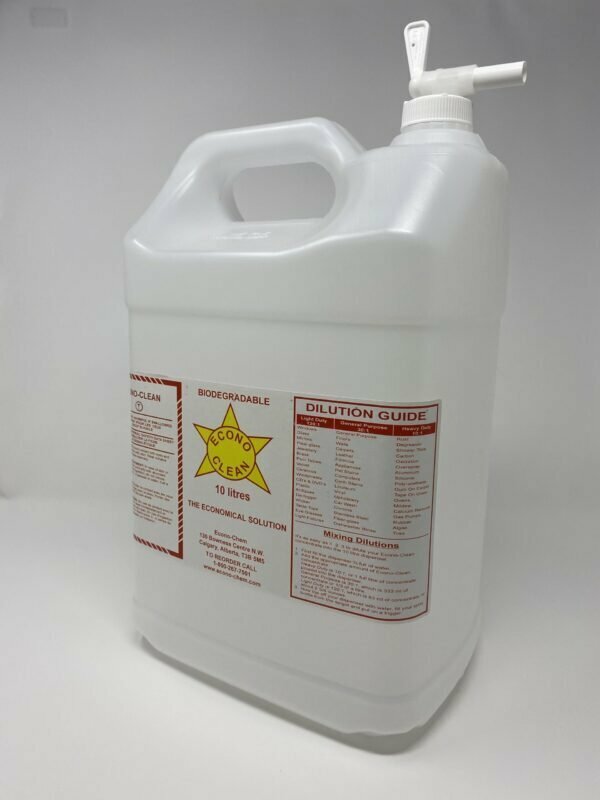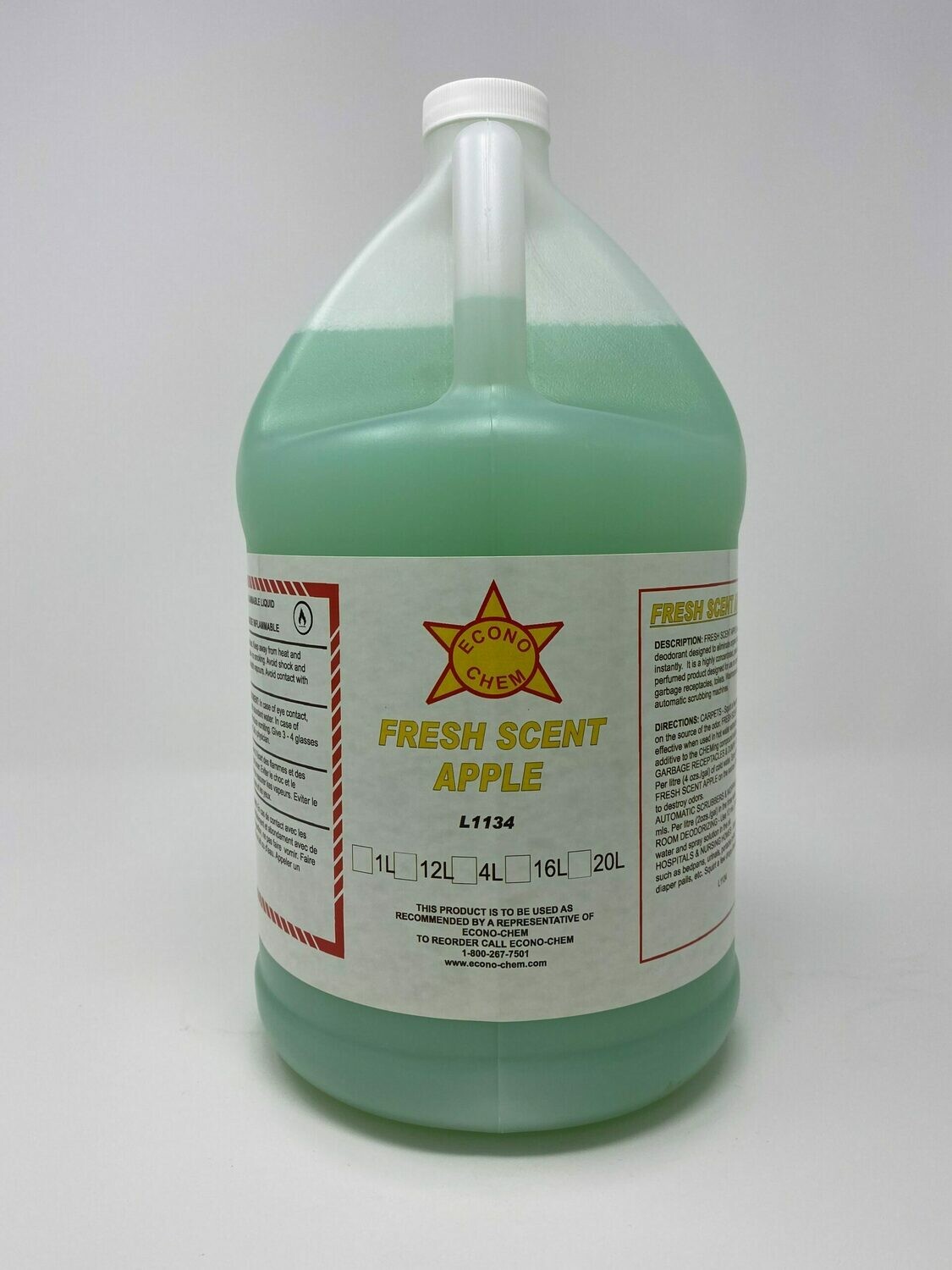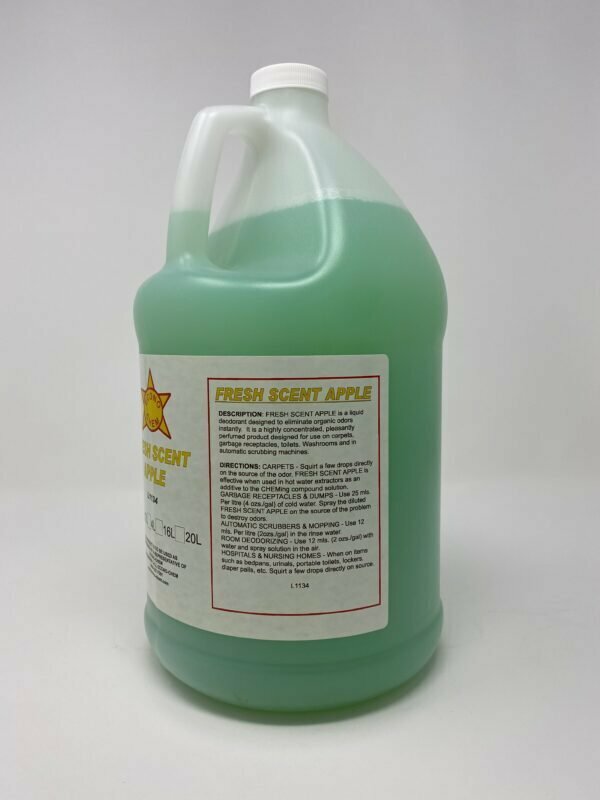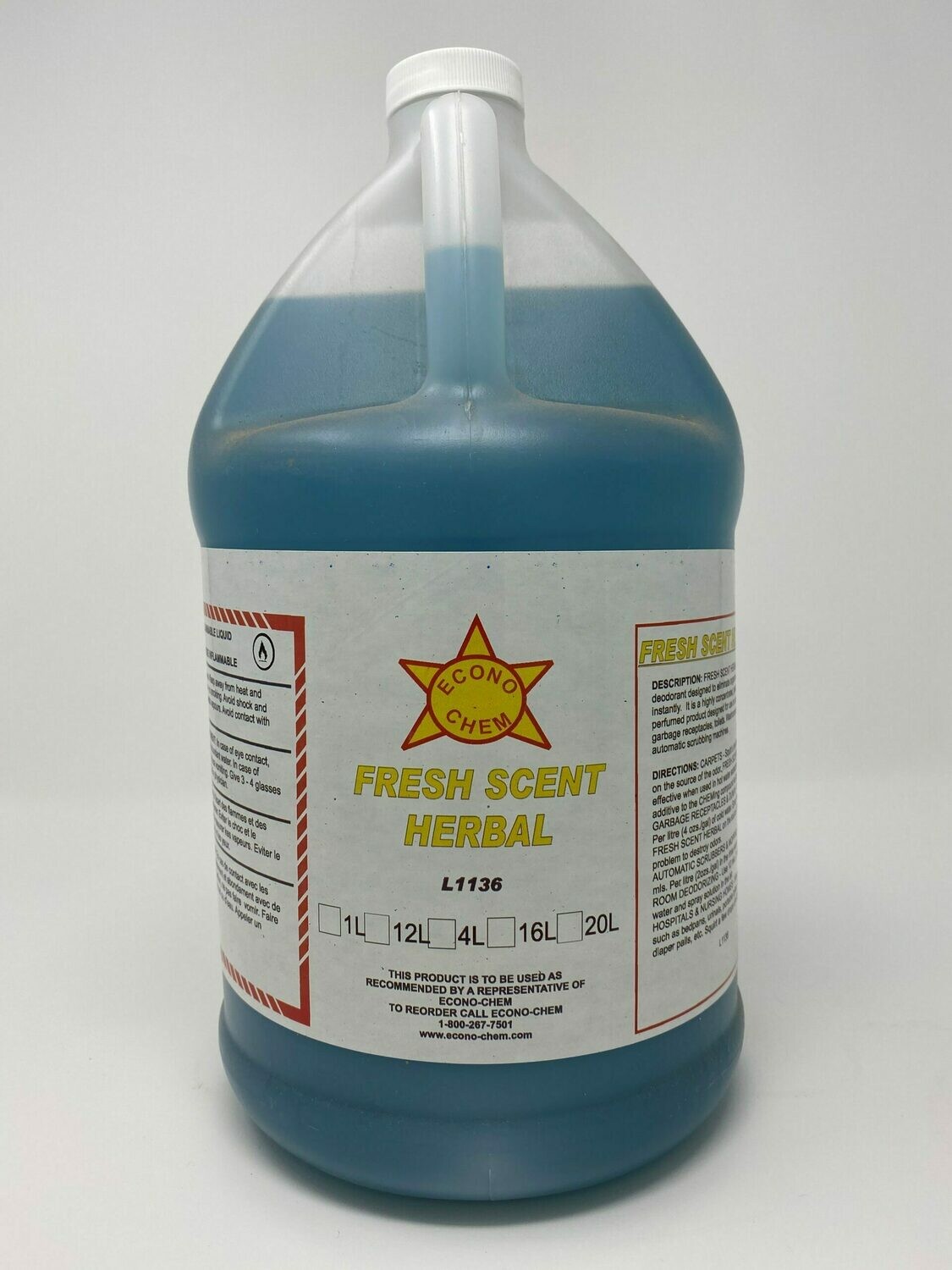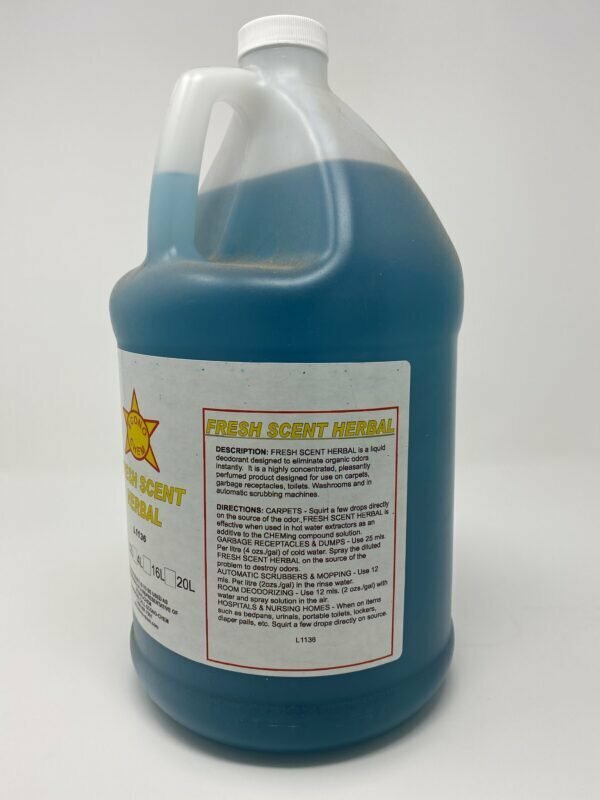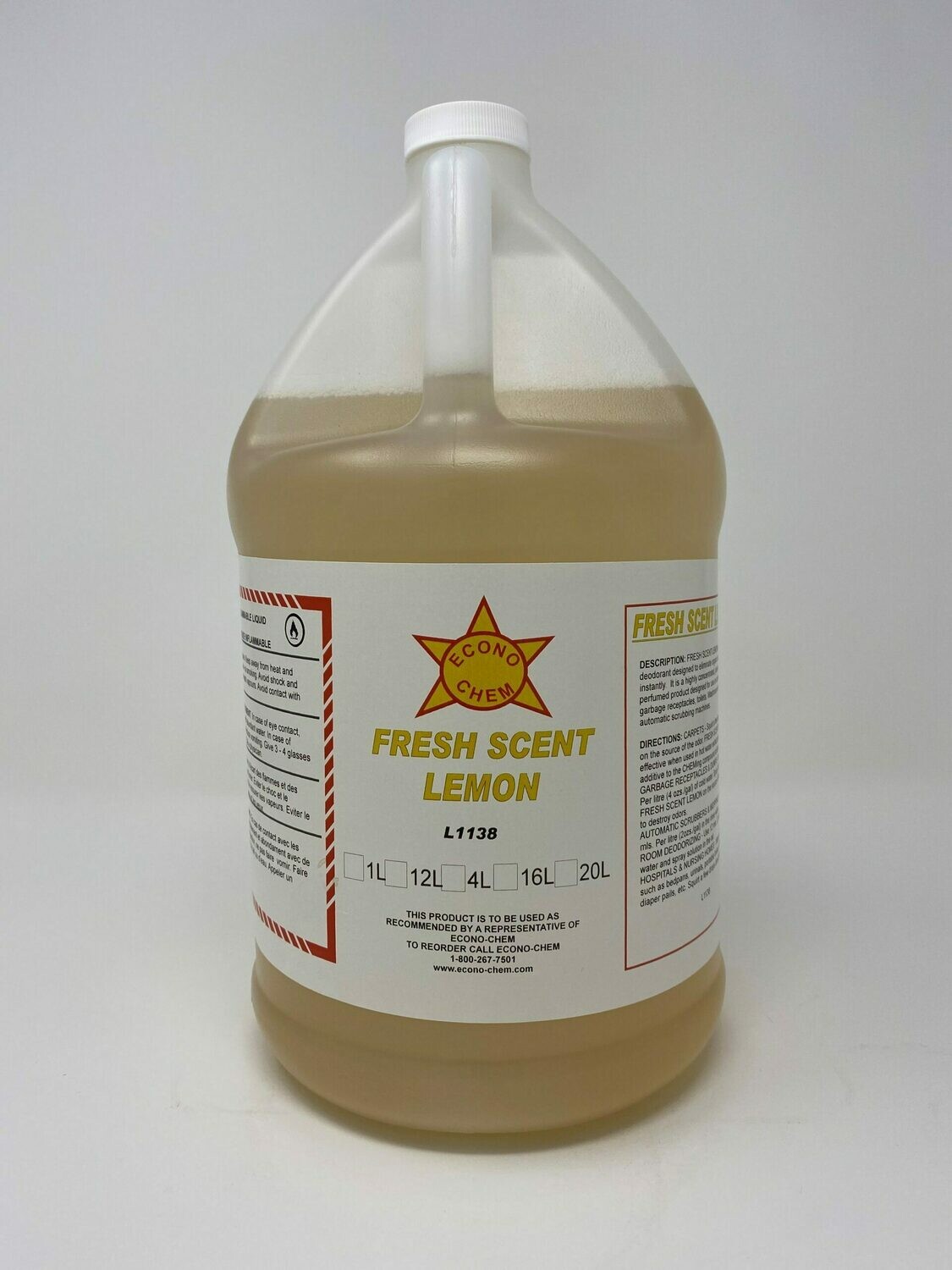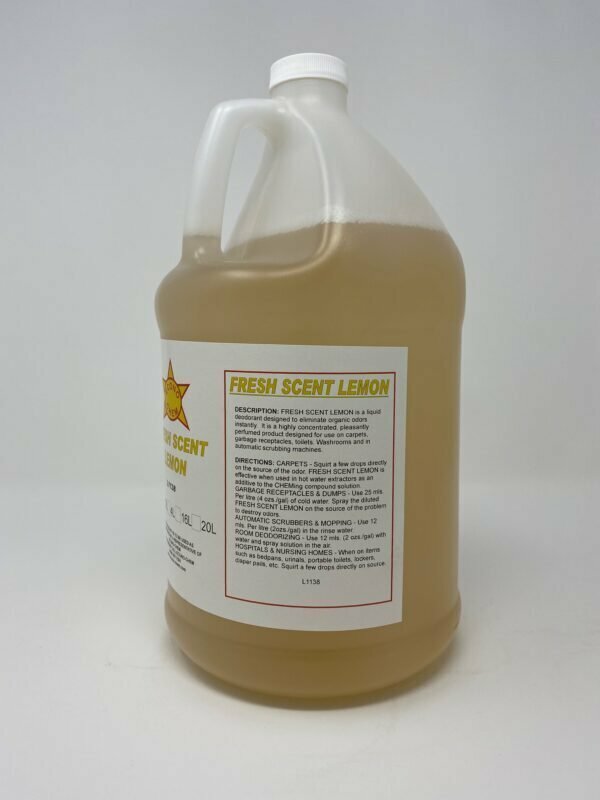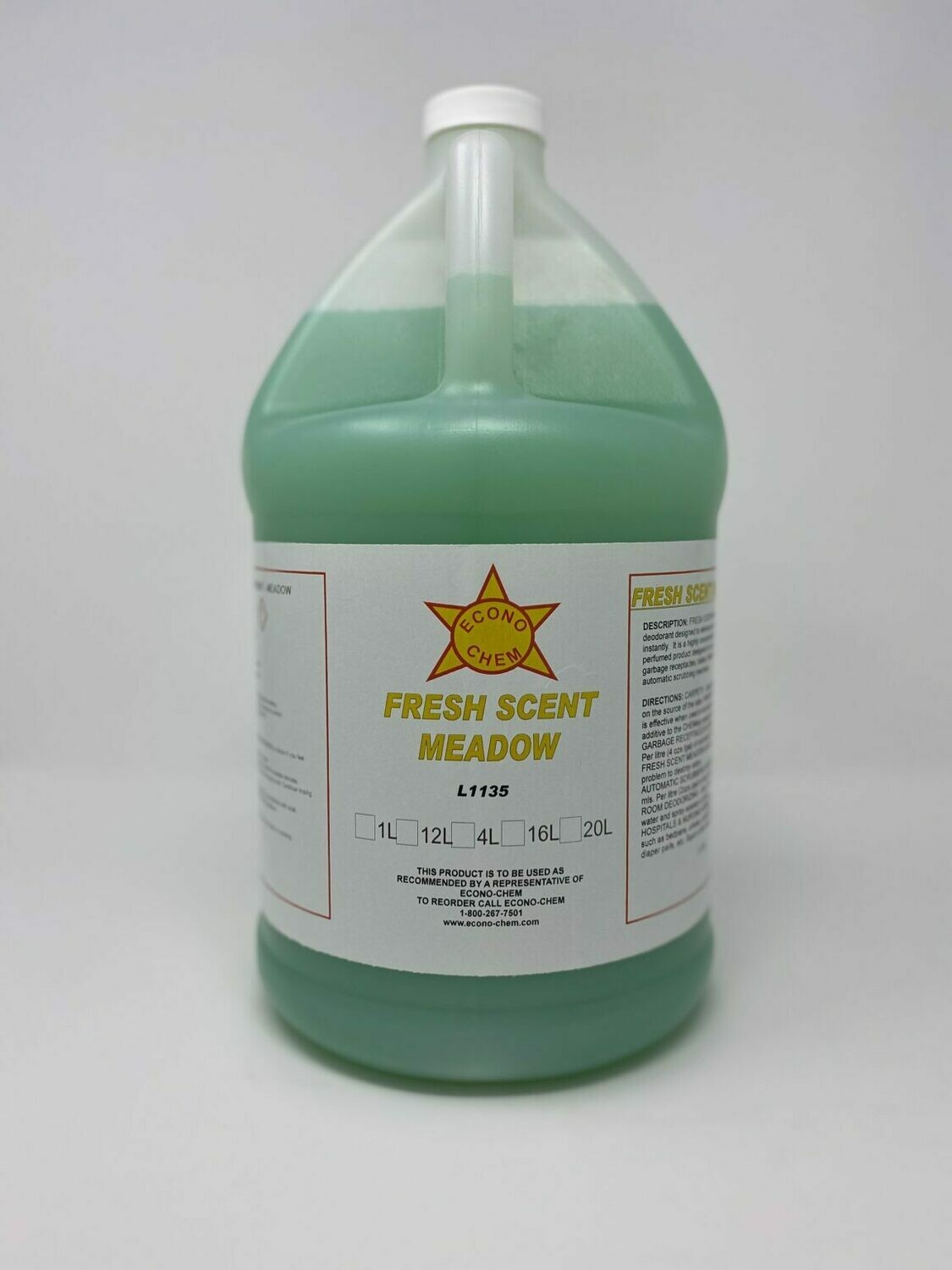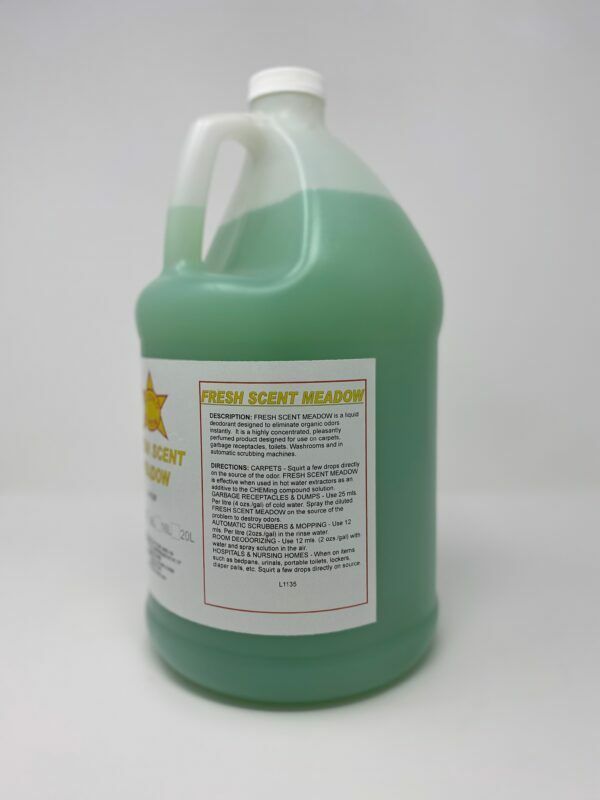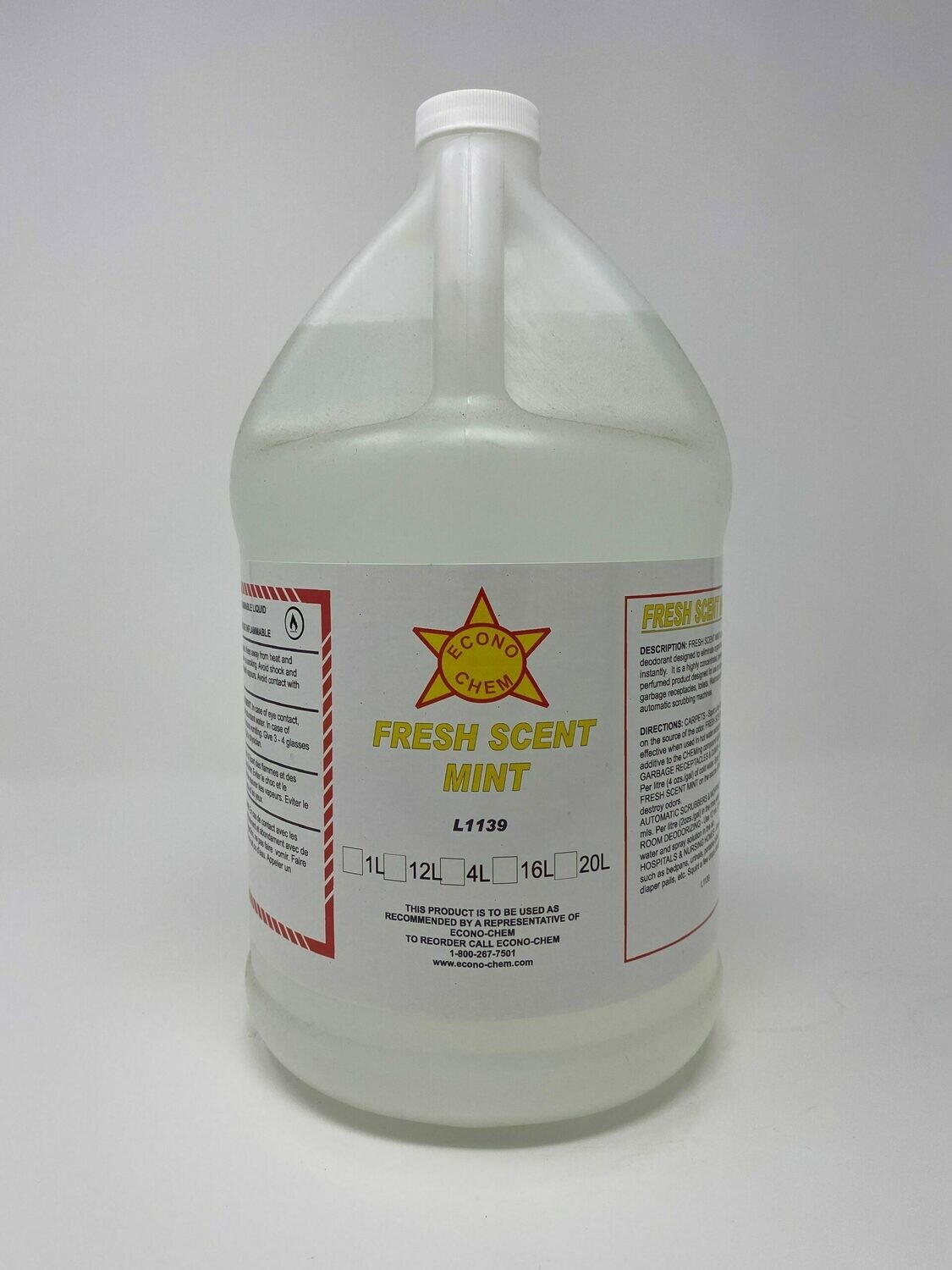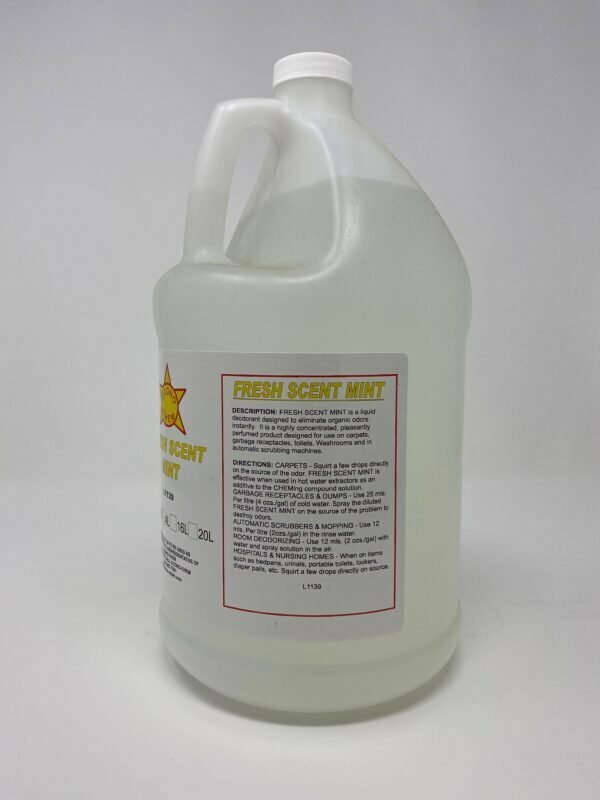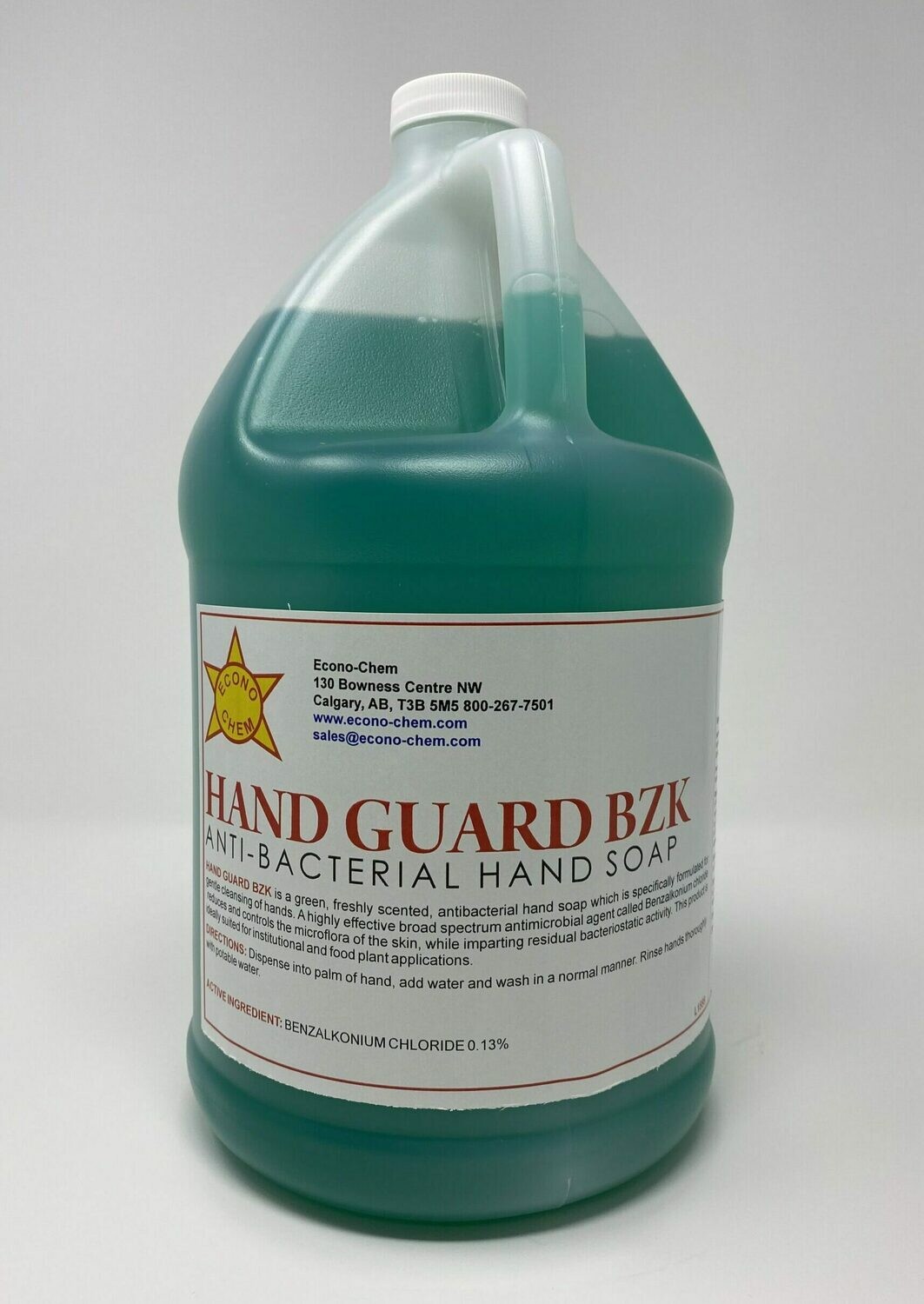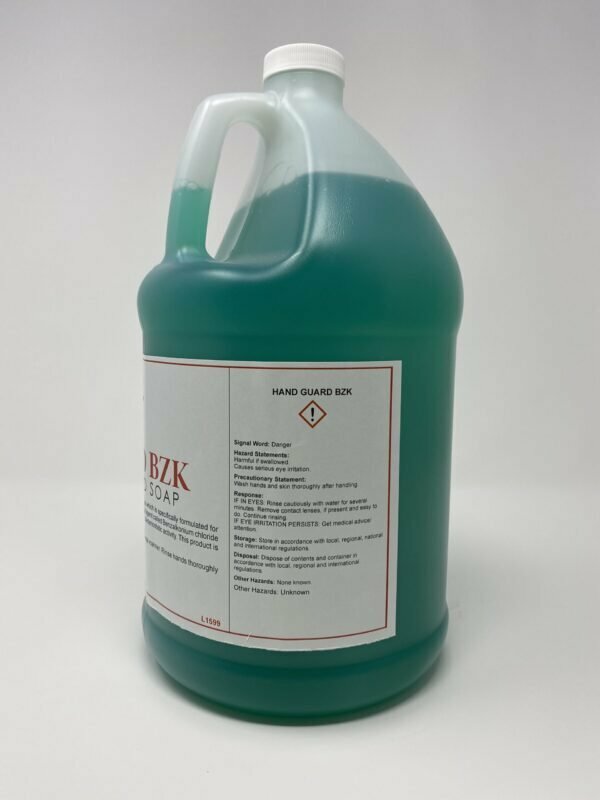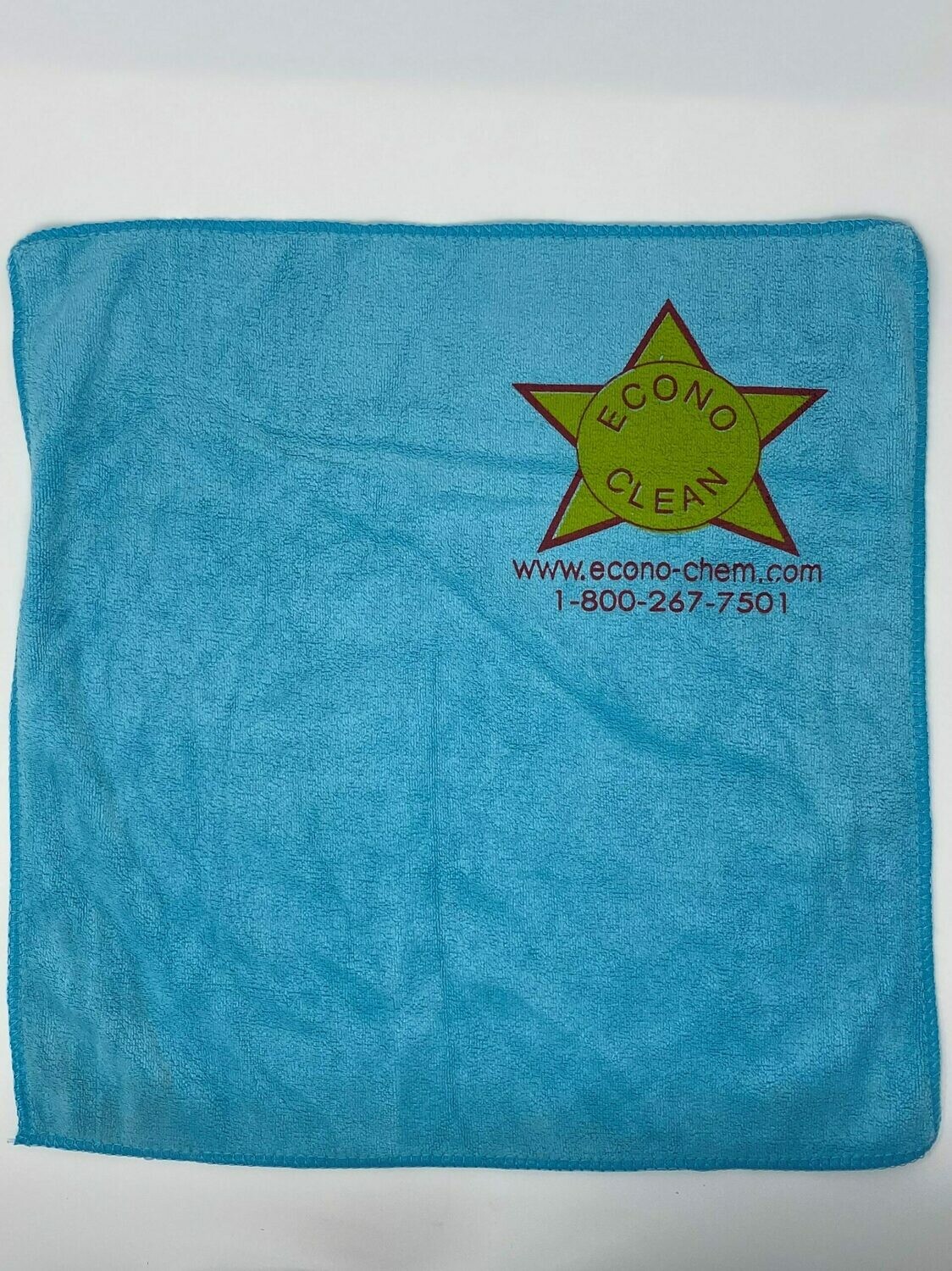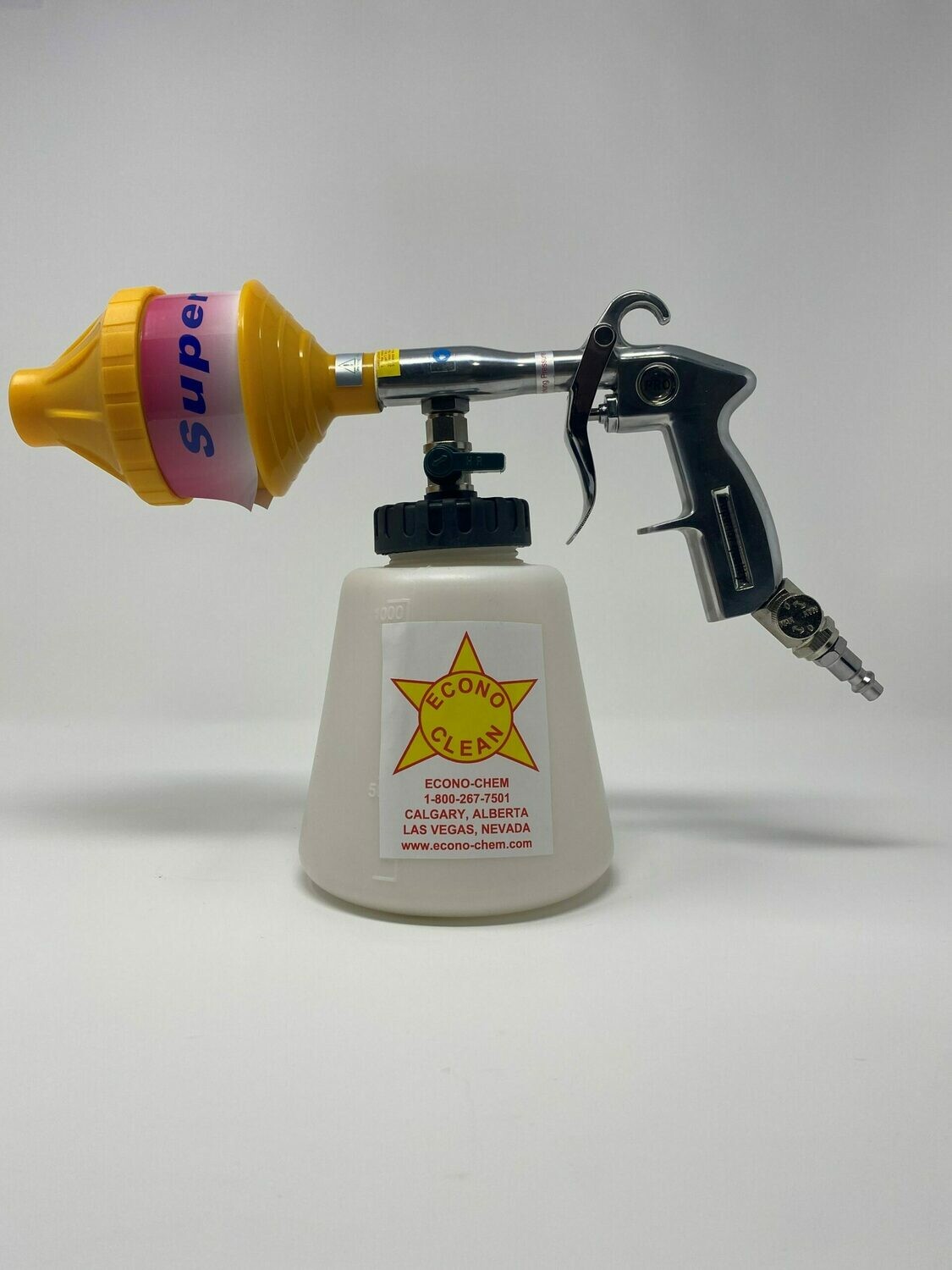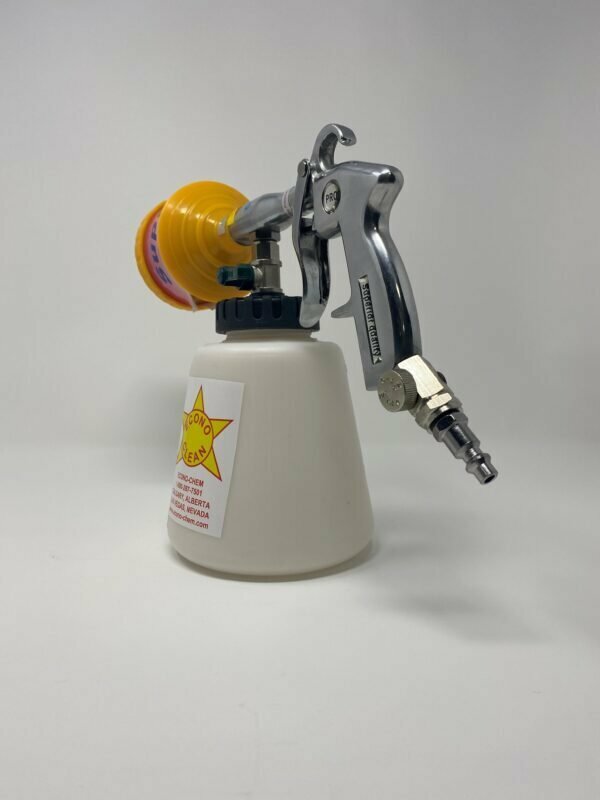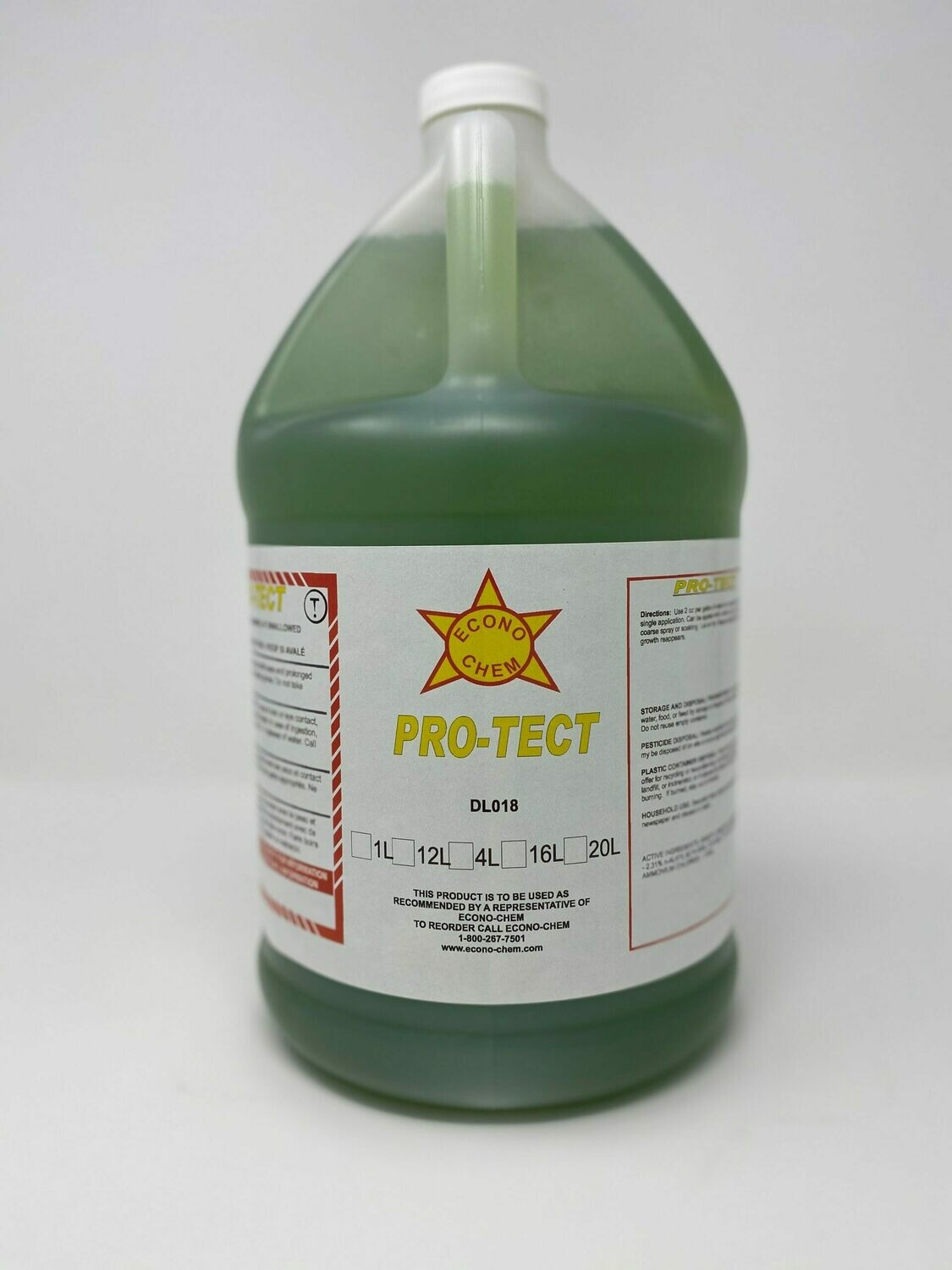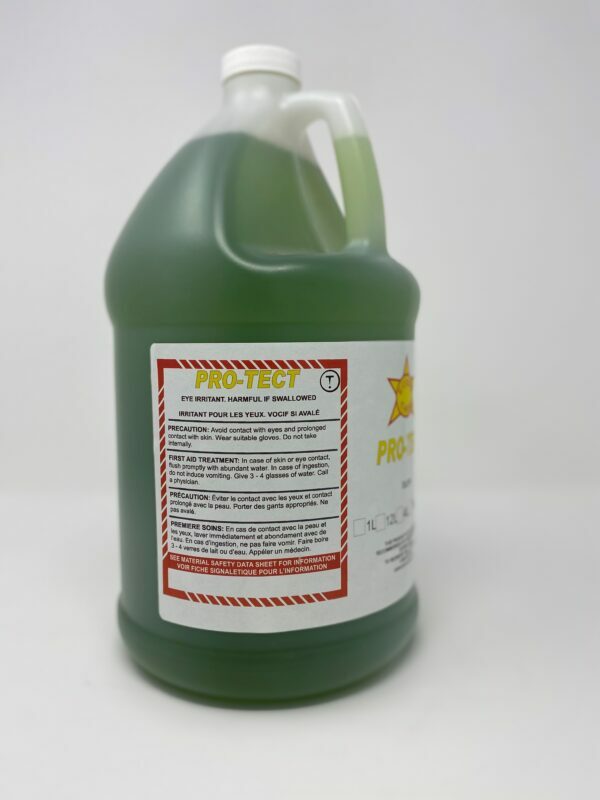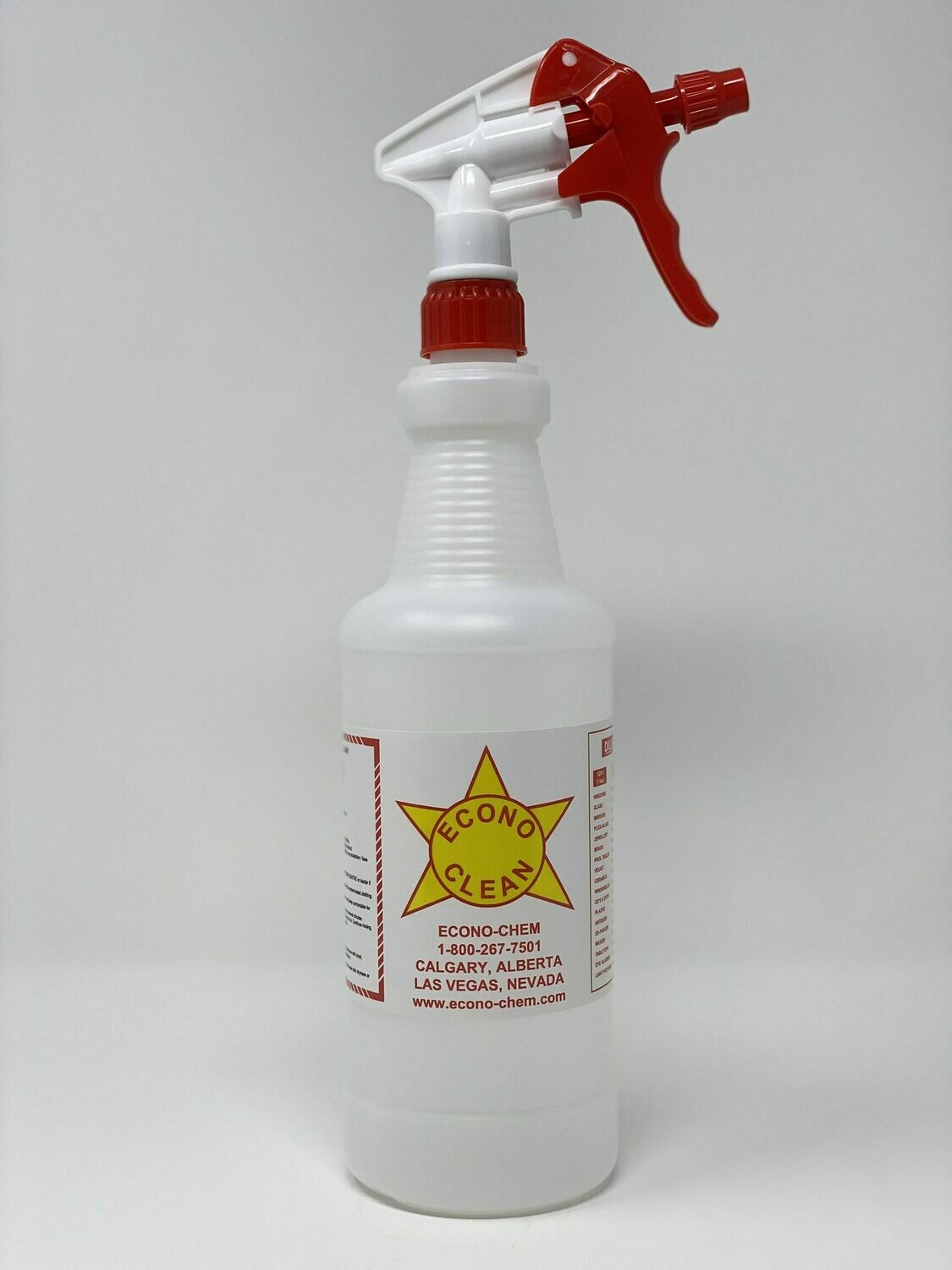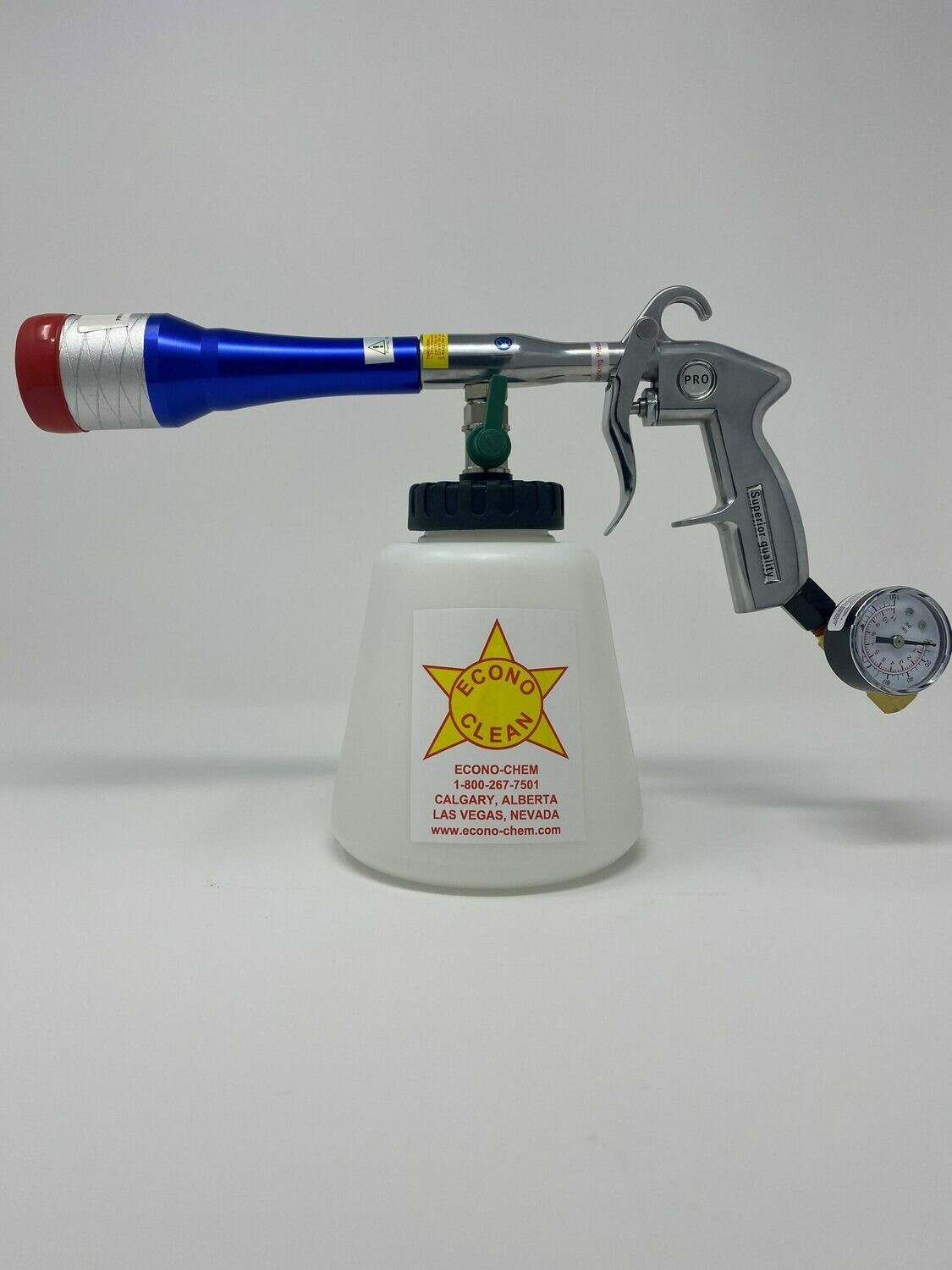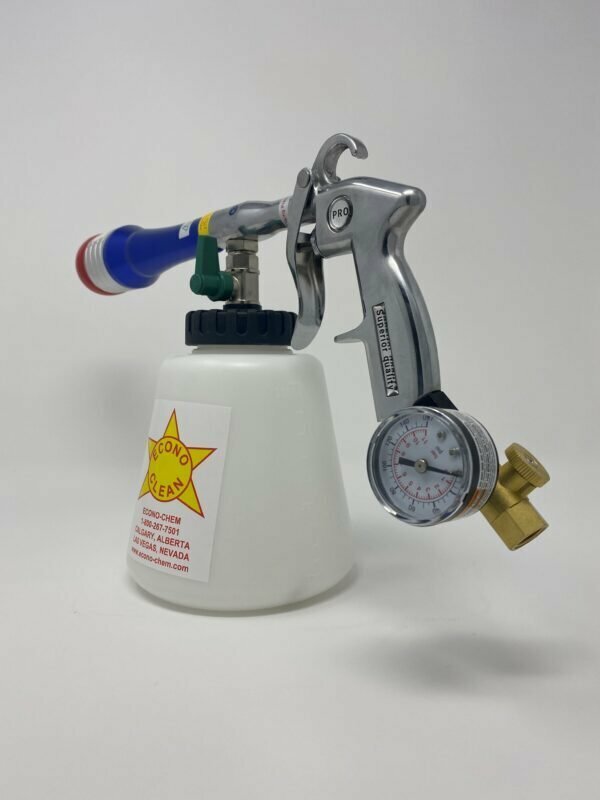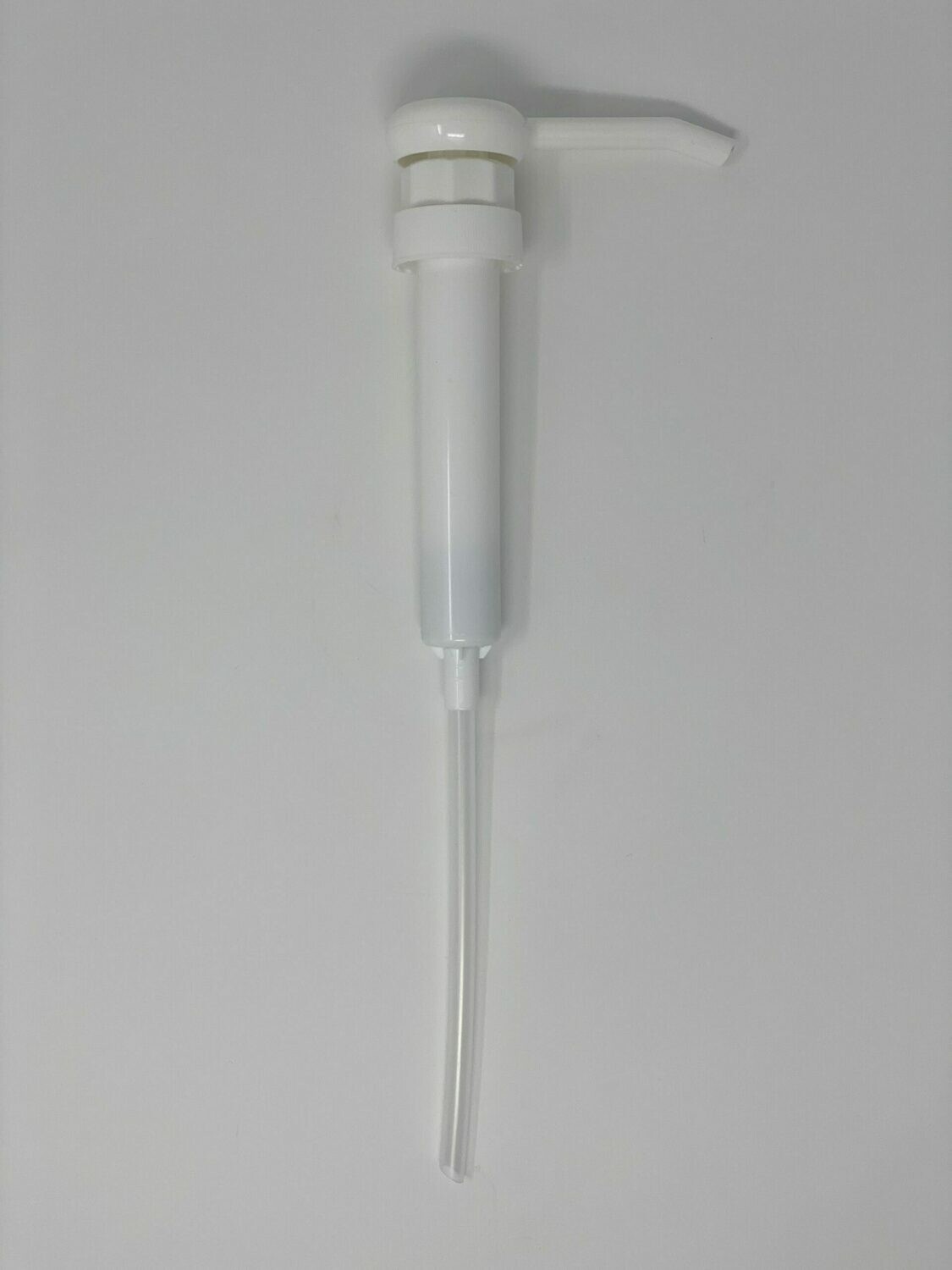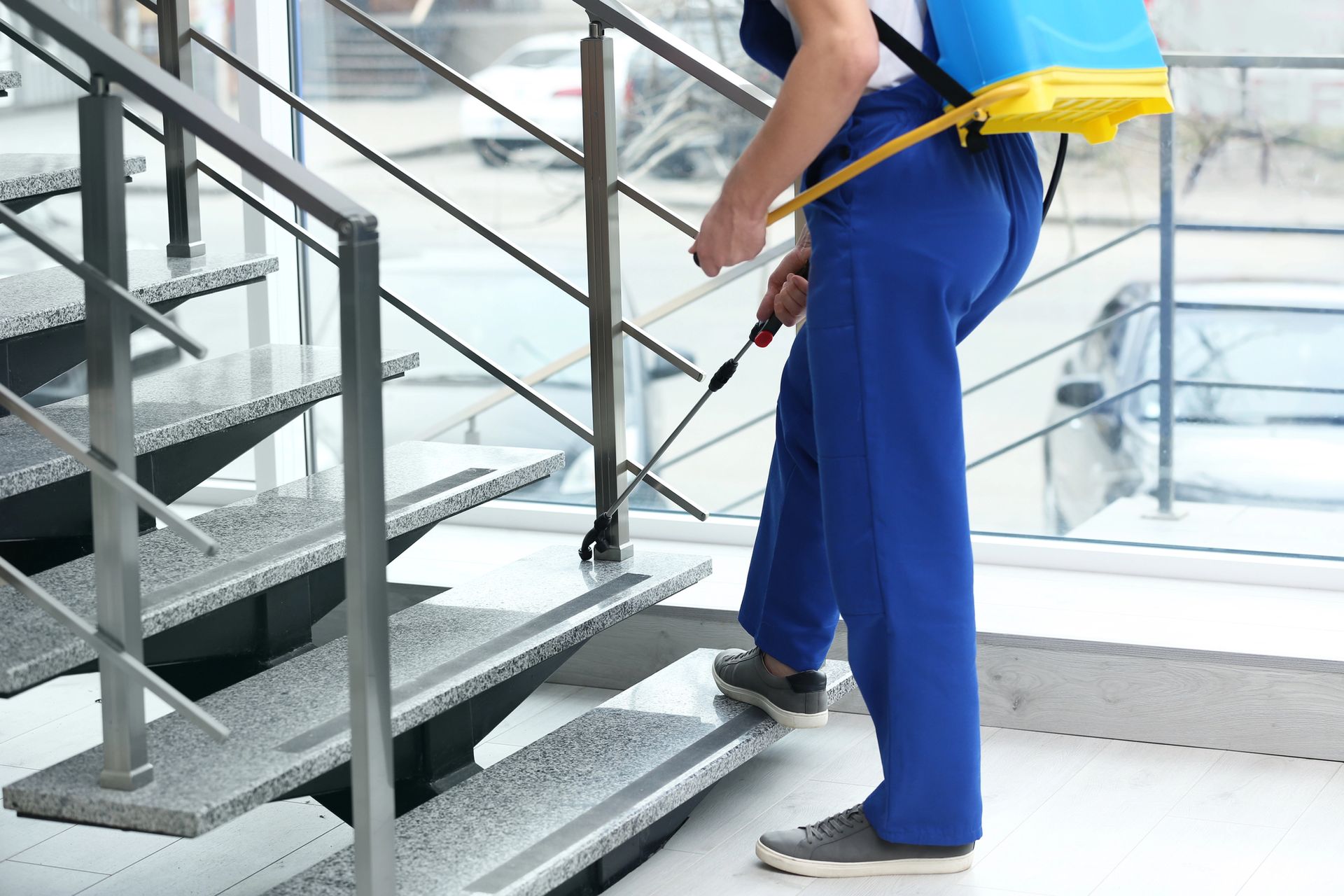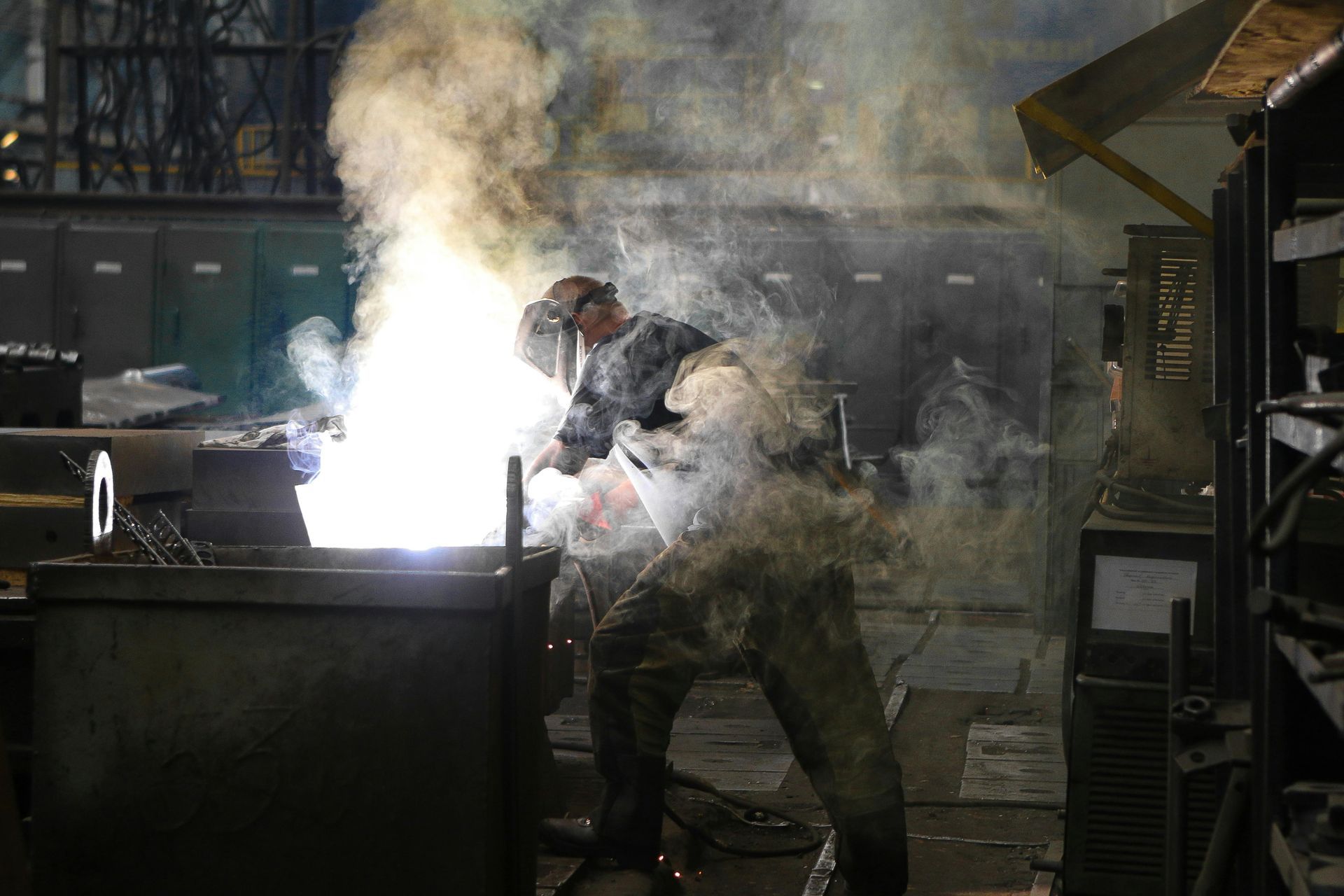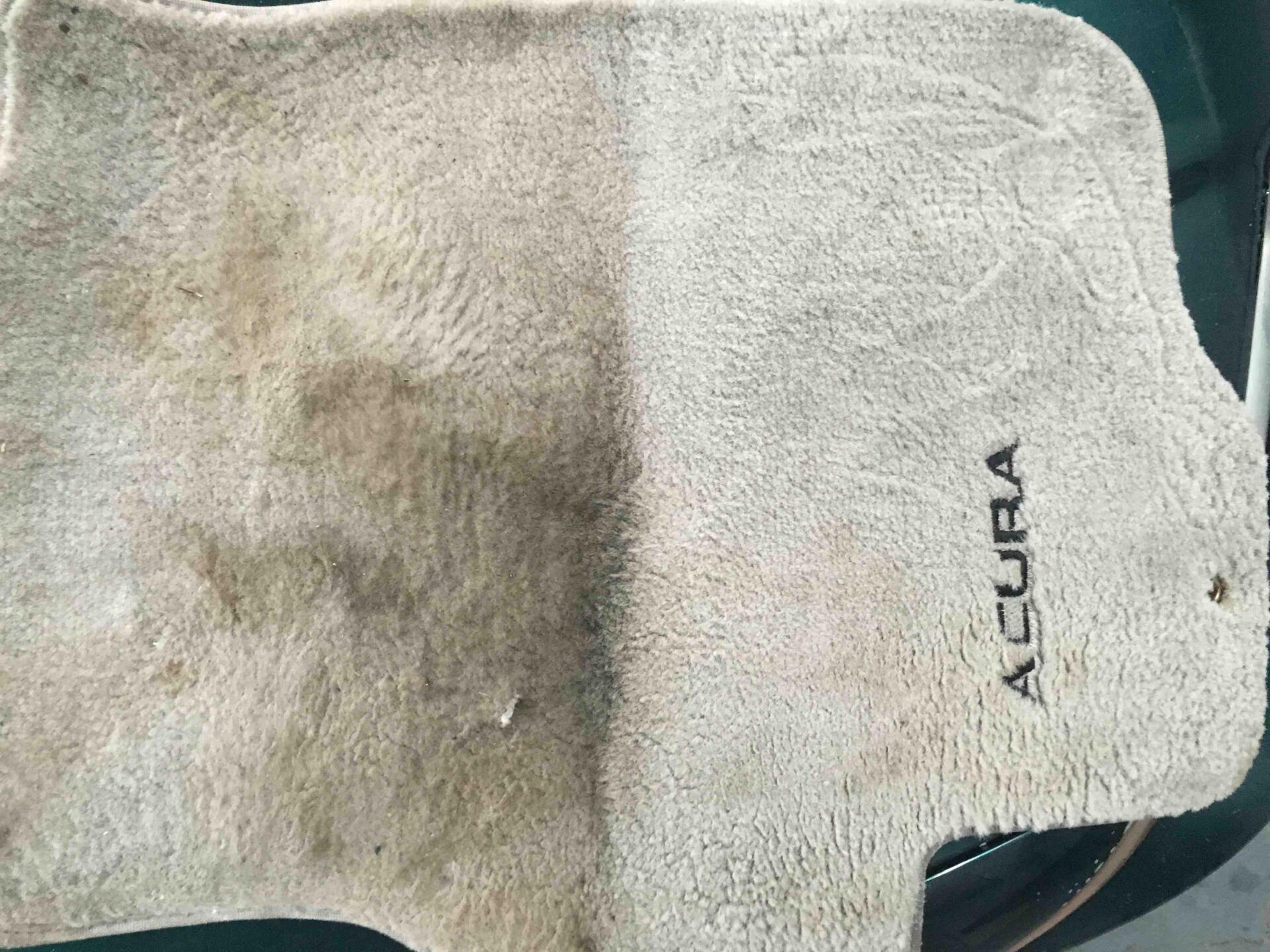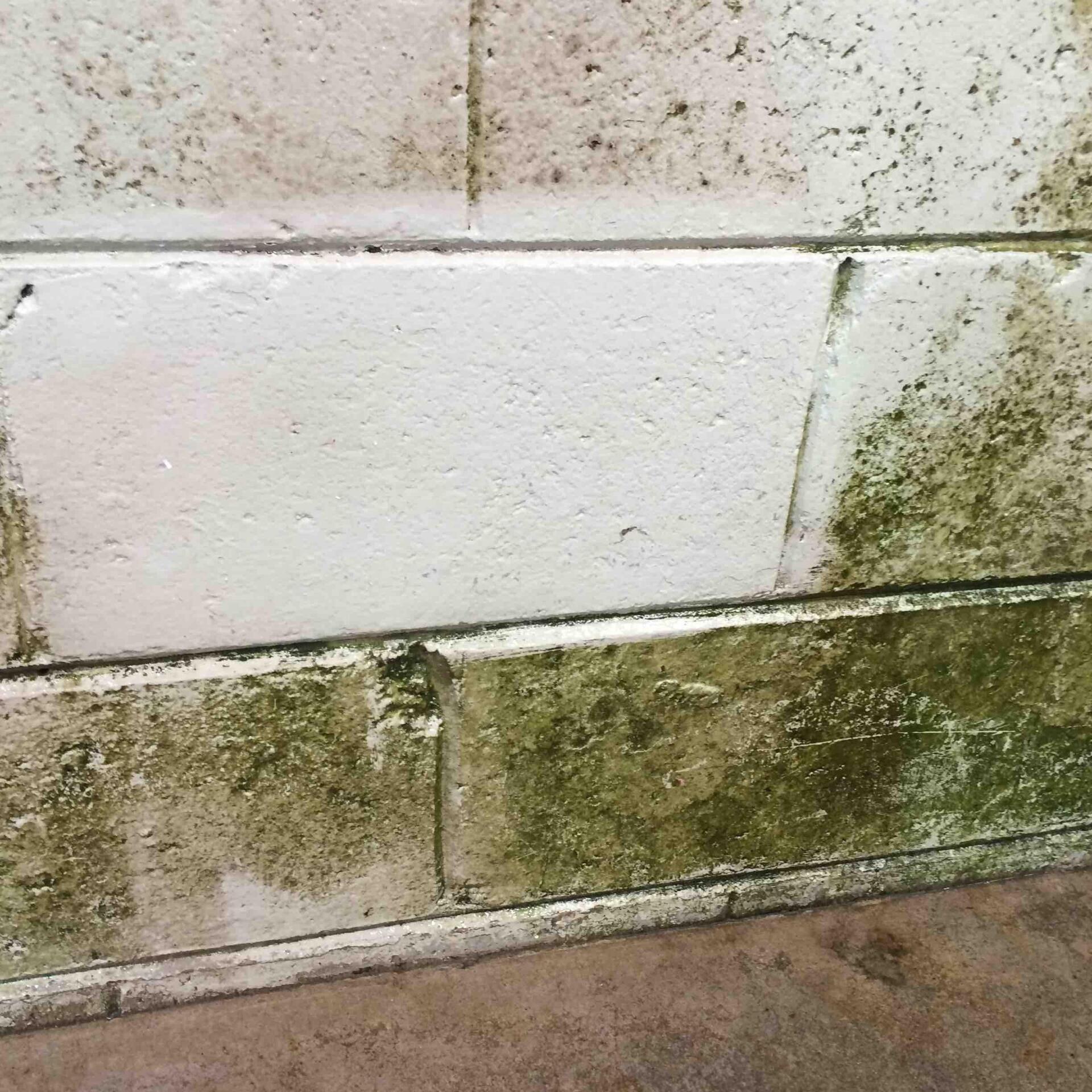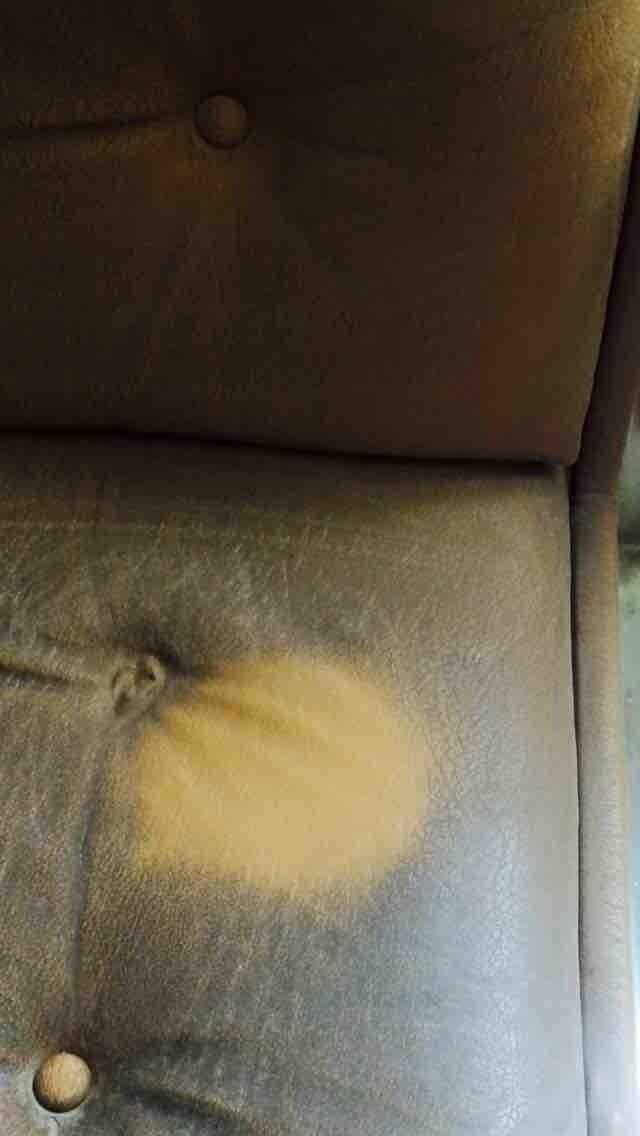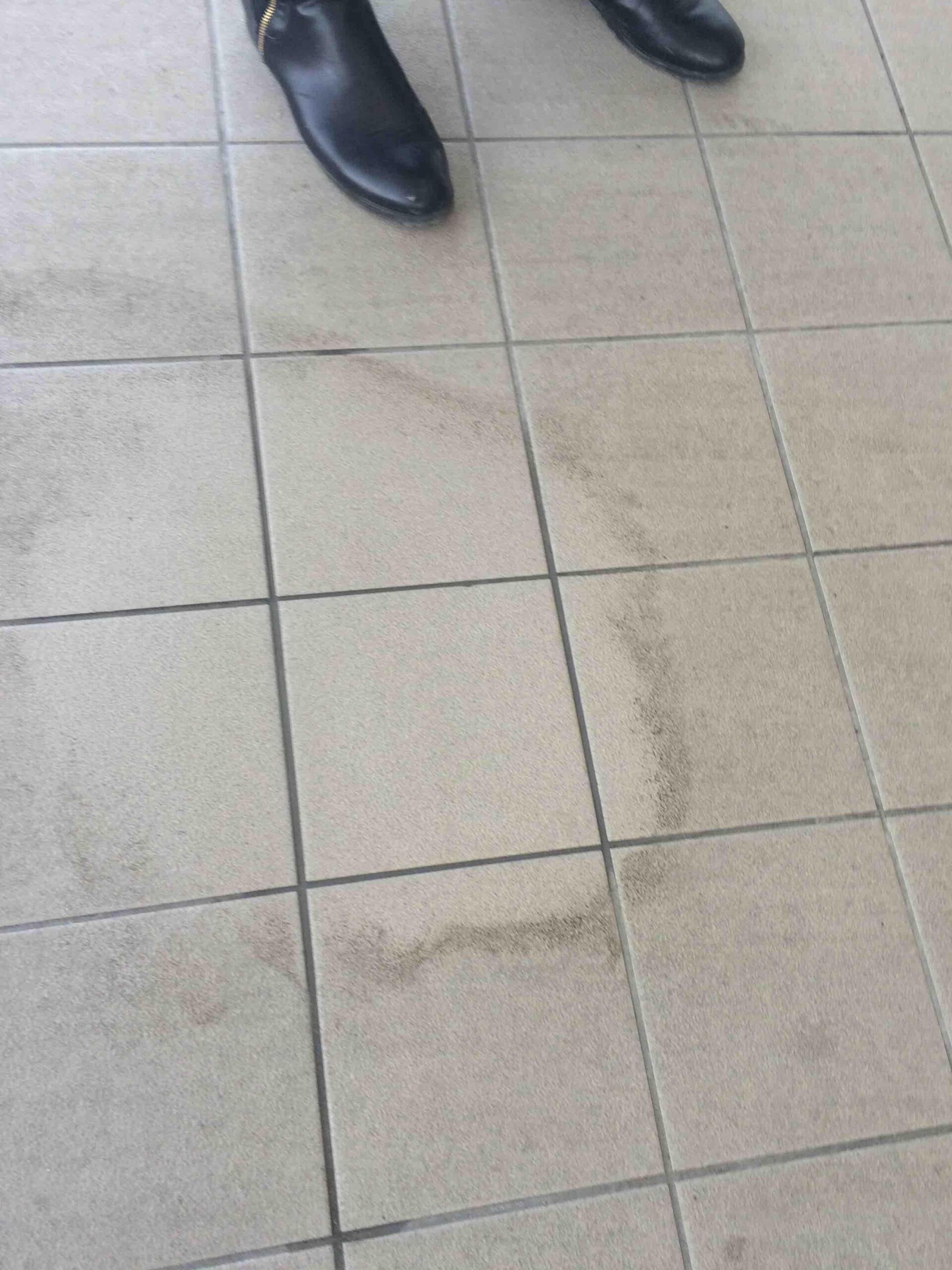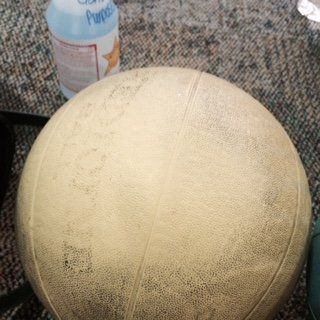How to Clean and Disinfect Your Home and Workplace in a Pandemic
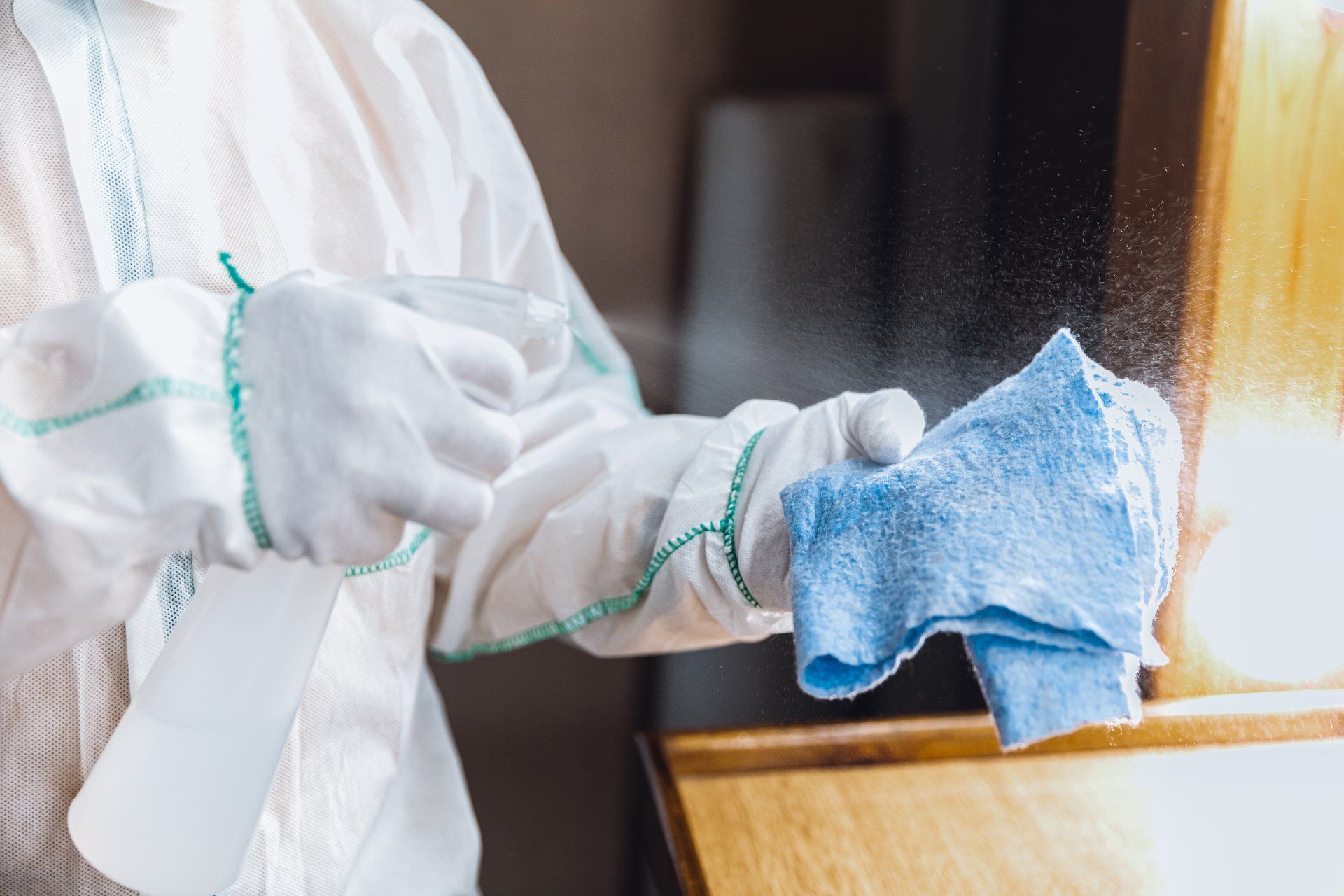
Everyone around the world had to rapidly learn about sanitizing and disinfecting as the COVID-19 pandemic spread. Those who embraced sanitizing their hands, and established additional cleaning practices in workplaces, put themselves at less risk of catching and spreading the virus. However, many people are still unclear exactly which surface disinfectant to use and how often they should be sanitizing surfaces.
Today, we’re going to cover how to protect yourself and your loved ones by regularly cleaning and sanitizing high-touch surfaces at work and at home. We’ll discuss the overall processes to follow, which disinfectant to use, and discuss how to navigate unique sanitizing situations.
Note:
Always check with national and local authorities for specific guidelines and regulations pertaining to the present state of the COVID-19 pandemic as recommendations may change. The suggestions made in this article are based on the current guidance provided by reputable agencies, and sources are linked.
Which Cleaning Products Kill COVID-19?
Some cleaning products will have disinfectant ingredients that will kill viruses, but many of them won’t. You need to make sure that you are using the right disinfectant products that will actually kill the microorganisms, otherwise, you’ll be spreading them around public spaces and potentially contributing to the problem.
You need a disinfectant liquid that is strong enough to kill viruses and bacteria. You can explore Health Canada’s
list of disinfectants that they suggest to see if your favorite product is advised.
Econo-Cide is approved by Health Canada to help disinfect surfaces in the battle against COVID-19. You can also look for products that contain the following ingredients that Health Canada advises for fighting the coronavirus that causes the COVID-19 virus:
- Isopropyl alcohol
- Hydrogen peroxide
It’s worth noting that based on current information, Health Canada expects every item on their list of recommended products to kill variants of COVID-19, and each hard-surface disinfectant shows evidence to fight against the virus. You should still check for updated information if you are concerned about a specific variant.
Disinfecting surfaces only will not be enough to protect your home and family, you must also regularly wash your hands with a good antibacterial soap, or sanitize them using
alcohol-based hand sanitizer. Washing your hands and using hand sanitizer are both ways to protect against contracting any viruses or harmful bacteria. You can save money at busy offices and homes by simply putting a pump on a large bottle and having a
hand sanitizer dispenser that will last a long time readily available.
Even though COVID-19 is not caused by bacteria, having
antibacterial hand soap that contains benzalkonium chloride will add an extra level of protection against potential diseases. An antibacterial hand soap like
Hand Guard BZK adds another layer of protection from harmful microorganisms that can easily be integrated into your COVID-19 sanitization routine.
If you need to protect animals from viruses, then
Pro-Tect is a highly concentrated solution for those applications.
How to Clean and Disinfect Your Home Against COVID-19
It’s unreasonable to expect yourself to disinfect every surface in your home every day. Not only is this a huge time commitment, but it will likely be a waste of time and cleaning products to clean areas that nobody has touched.
Instead, focus on using your chosen disinfectant to clean high-touch surfaces that are typically more high-traffic and should receive daily attention, such as:
- Faucets
- Knobs found on drawers and cupboards
- Counters in the kitchen and bathroom
- All light switches
- Railings on staircases
- Any remote controls and game controllers
- Every device in the house, such as tablets and mobile phones
- Any regularly used tables
- Toilets, including the handle
- Any other high traffic surface
Additionally, make sure that antibacterial hand soap and hand sanitizer are found throughout your home. Your family and any visitors should be able to keep their hands clean to minimize the risk of infection as they move around the house.
The actual process for disinfecting your surfaces will largely depend on the product that you buy. Some products only need to briefly contact the surface (such as some disinfecting wipe products), while some liquid options must sit on the surface for a specific amount of time to kill the germs. Read the directions on the product you’ve purchased and follow them exactly. Beyond this, Health Canada provides guidance on
how to use disinfectants properly.
Lastly, if the disinfectant that you’re using does not have a cleaning agent, make sure to clean the surface with an appropriate cleaning product before you use that disinfectant.
The Difference Between Cleaning and Disinfecting
Cleaning and disinfecting are similar and often done at the same time, but they are two distinct tasks that should not be confused. You should be well aware that we are discussing disinfecting in this article, as cleaning alone will do little to stop a virus.
Cleaning is any activity focused on removing dirt, grime, or any other particles from a dirty surface. Disinfecting is any activity that actually kills viruses and bacteria. Many cleaning products will also disinfect, but not all of them will. Make sure that any products that you’re using with the intent of disinfecting the surface are actually able to kill harmful microorganisms.
How to Clean and Disinfect If You Have a Sick Person In Your Home
If someone in your home has contracted COVID-19 but is not hospitalized, you need to keep yourself and anyone else in your home safe by following more strict disinfecting procedures. Health Canada has put together an article that covers multiple topics related to having a person with COVID-19 in your home. Anyone in this situation should read the entire article for complete instructions regarding care and interactions.
Health Canada advises that if someone is sick or if someone who has visited your home that later tests positive, that your entire home should be cleaned and disinfected once that’s been discovered. If they are living with you, they should be as isolated as soon as possible and great care should be taken to regularly disinfect every high traffic area mentioned in the above section.
Keep Cleaning, Sanitizing and Washing Your Hands
In addition to maintaining social distancing, protecting yourself in a pandemic begins with adopting habits based on cleanliness. Be diligent about regularly cleaning and sanitizing high traffic areas in your home every day.
If someone does get sick, you should follow specific guidelines for overall care and increase your sanitization schedule. It all begins by guaranteeing that you are well-equipped with the right disinfection products and protective equipment to keep your home and office safe.
